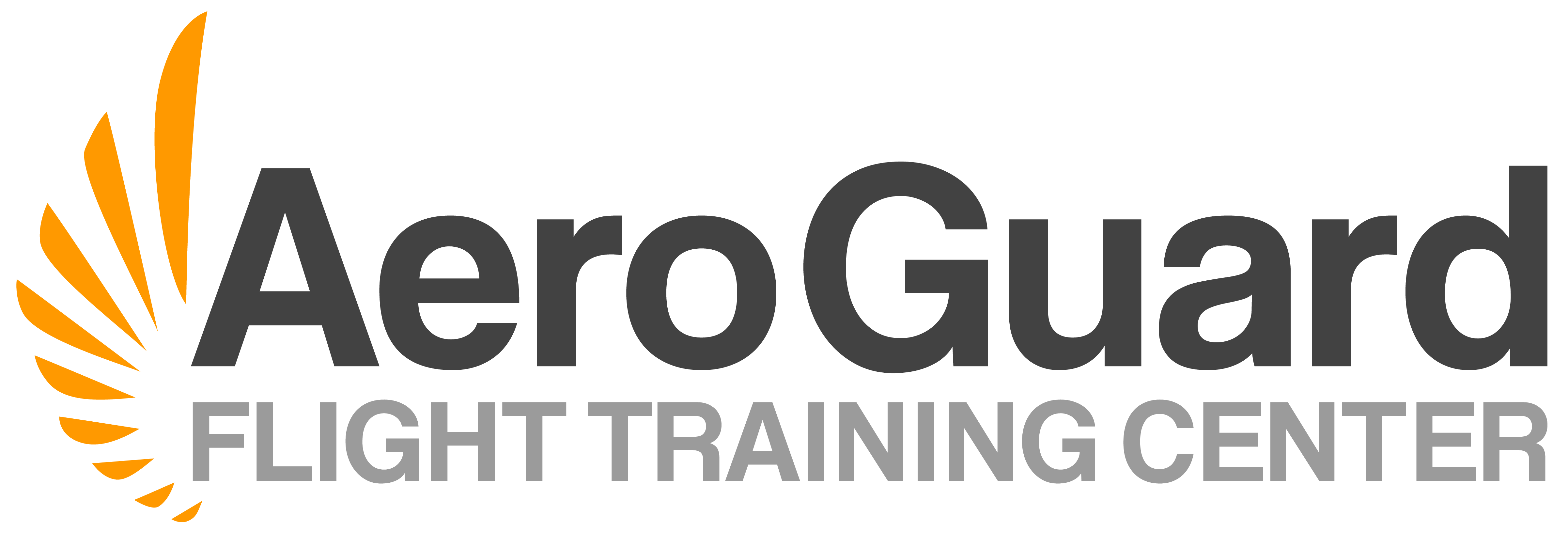Instrument Rating Requirements For Cadets To Master
As a part of the AeroGuard curriculum, all of our cadets progress through the necessary steps for a number of certifications. From their private pilot license (PPL) to their certified flight instructor multi-engine (MEI), we want to ensure our cadets have the full training they need to become desirable hires moving into the workforce. Part of the curriculum specifically includes meeting Instrument Rating requirements, adding a further certification to their experience. This time on the blog we want to take a closer look at what those instrument rating requirements are made of and how we train pilots to meet them!
Instrument Rating Requirements – What You Need
Per the FAA, the certification demonstrates that the pilot has a level of aeronautical knowledge, flight proficiency, and experience that allows them to fly by instrument, hence: Instrument Rating. Here are the specific instrument rating requirements.
To have an instrument rating, a person must:
- Have a current private pilot license, or begin applying for it at the same time with an aircraft appropriate to the rating sought.
- Able to read, speak, write, and understand English to an international standard
As with all other aircraft certifications, there is an amount of flight time required. The time in air is necessary to prove experience and knowledge with the instruments necessary for rating. To meet the instrument rating requirements:
- 50 hours, minimum, of cross-country flight as the pilot-in-command, at least 10 of these hours must be done in an airplane to receive the instrument-airplane rating
- 40 hours of actual or simulated instrument time
- 15 hours, minimum, instrument flight training under an authorized instructor in the aircraft category being sought (in the case of AeroGuard this means our CFIs and in airplanes)
Further, one of the cross-country flights must include:
- 3 hours, minimum, instrument training in preparation for the checkride within months before the exam
- Flight distance of at least 250 nautical miles along airways or ATC-directed routing
- Instrument approach at each airport
- Three different approaches using navigation systems
Note: These vary based on the type of aircraft certification is being sought for, for instance if you are looking to be instrument rated for a helicopter it will include 10 hours minimum of helicopter flight time. For AeroGuard, all hours are in airplanes.
The Aeronautical Knowledge Requirements:
- Air traffic control systems and procedures for instrument flight operations
- IFR navigation and approaches using navigation systems
- Use of IFR en route and instrument approach procedure charts
- Acquiring and using aviation weather reports and forecasts, and forecasting weather trends based on them
- Safe and efficient operation of airplanes under instrument flight rules and conditions
- Understanding critical weather situations and windshear avoidance
- Decision making and judgment, crew resource management, communication, and coordination
Flight Proficiency Requirements
- Preflight preparations
- Preflight procedures
- Air traffic control procedures, clearances
- Flight by reference to instruments
- Navigation systems
- Instrument approach procedures
- Emergency operations
- Postflight procedures
You can view a complete listing of the requirements for the instrument rating from the FAA here.
The knowledge and flight proficiency requirements are all skills that cadets develop in their daily pursuit of their pilot career. These specifics are listed by the FAA as not every pilot out there goes to a rigorous flight academy like AeroGuard, and some may choose to pursue their certification independently but everyone must meet these criteria.
All of that might seem daunting at first glance, we know. All those hours of flight time add up, and that’s not even including all of the work on the ground that goes into mastering the necessary skills. Becoming a pilot through AeroGuard makes the process as smooth and efficient as possible! Meeting instrument rating requirements and earning that certification is already baked into the coursework our cadets will undertake so the hours and prep work can be integrated into their learning schedules seamlessly.
Ready to start your career, become a pilot, and get your Instrument Rating? Contact AeroGuard today.

